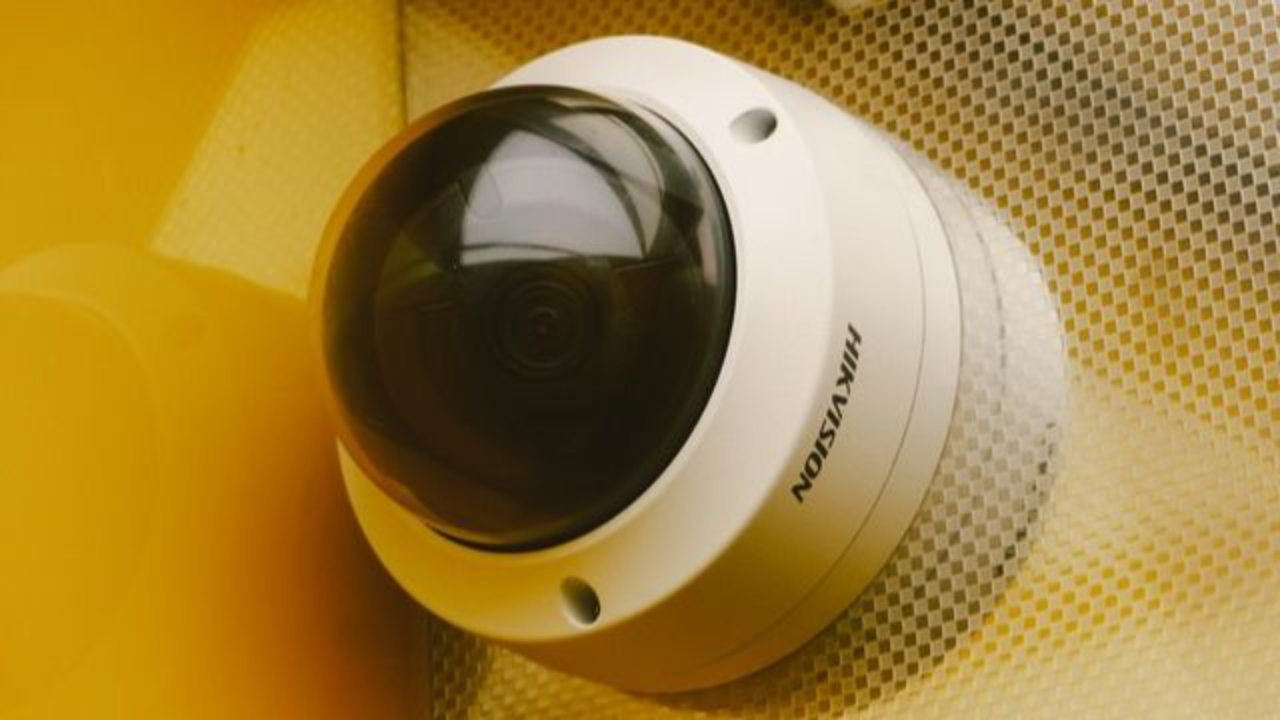Is it Legal to Monitor a Resident’s Room with a Camera?

Over the years, we have seen cameras in many areas of our daily lives.
Today, we see electronic monitoring on school buses, in schools, street corners, retail stores, restaurants, and gas stations, to name a few places.
In fact, it has almost become “common” knowledge or occurrence” to have cameras monitoring us in public places, and we may often lose awareness of what is being monitored and recorded.
Every time we go into a public place and look up, there is a camera.
As of this writing, there are at least nine states where surveillance cameras are allowed by law with the consent of the resident or the roommate if there is another person in the room.
Most states have specific regulations that must be followed if electronic monitoring is placed in a nursing home. Currently, Kansas, Texas, Washington, Oklahoma, New Mexico, Minnesota, Louisiana, Illinois, and more are coming “on board” to allow electronic monitoring of residents.
And Nursing homes cannot discriminate or retaliate against a resident who wishes to have a monitoring device installed. The cost of the unit, installation, and maintenance is the responsibility of the resident or the family.
In some states, such as Illinois, there is a provision in the law to help residents pay for camera surveillance if they cannot do so themselves due to limited financial means. A budget of approximately $50,000 is there to assist the underserved.
Often the surveillance device is installed because there is a history of abuse, neglect, or theft of the resident’s personal goods. Most states require that the facility be notified of the placement of the camera monitoring device.
In fact, there has been an incident of monitoring where the abuse was documented. However, the evidence was not allowed in court because the facility was never notified, and the Judge threw out the evidence.
To have a loved one in a facility where there is suspected abuse, neglect, and theft is beyond frustrating and upsetting when it’s ongoing.
When there are unexplained bruises, injuries, loss of personal belongings, and falls with or without injury, anyone would want an answer. Having appropriate documentation and evidence can go a long way to stopping the behavior. But having a camera in the room to monitor may even be a stronger deterrent.
Facilities are required to conduct a criminal background check on the employees and the residents. Still, sadly this can fall through “the cracks,” and the criminal behavior will continue by a resident or employee.
Recently I was visiting a home, and in the bedroom of the private client, the family had placed a camera to monitor not only their loved one but also the caregivers.
An example of the Illinois law outlines the requirements for placement of the cameras in Illinois; it is all outlined in the administrative code in Illinois.
Other states allowing camera surveillance will also have regulations. Contact the public health agency that oversees facilities for more information.
It is essential to know and understand the state requirements. As mentioned earlier, if abuse, neglect, and/or theft occur, to use the evidence in court, regulations must be followed.
Sadly in an Oklahoma nursing home, a resident with dementia was abused by two employees. The hidden camera caught the two employees abusing the resident and consequently convicted them. Knowing what is going on with your loved one when you cannot visit is important.
Suppose a specific state does not have regulations about camera surveillance for residents. In that case, there may be times when you can put in a “hidden” camera that only visually records and does not record voices.
This has been done successfully in some cases in the country. The predators have been caught and convicted of the abuse.
It is important to know who is taking care of your loved one. Know the full names of the individual, the providers, and other staff.
Keep a written record of the name; if there are questionable incidents, document and report it to the administration and make a police report.
We know their names and title when we go to an outside medical provider. This should be the same in a care facility.
Do not overlook and do not keep silent if there are questionable bruises, injuries, and loss of personal items. Documents and even pictures are extremely helpful.
Abuse can be and should be stopped.
NURSE EXPERT SOLUTIONS
How To Use Your Knowledge And Experience To Start A Nurse Expert Business Today...
Work from home, set your own hours, and generate more income for your family
Here Is What You Get Inside "Nurse to Expert: Your Complete Transformation Blueprint"
- You get immediate, 24/7, unlimited lifetime access to the "Nurse to Expert: Your Complete Transformation Blueprint" program so you can study the material whenever and wherever you want.
- You get instant access to all nine-course modules. All videos are short, bite-sized, and easy to consume, so you can get through the content even if you don’t have much time.
- You get immediate access to all supporting documents: spreadsheets, PDFs, and other resource files; download and customize them to fit your business.
- You get instant access to all three Bonus Case Studies where I walk you through real-life cases and scenarios so that you understand the “Nurse to Expert: Your Complete Transformation Blueprint” process.

